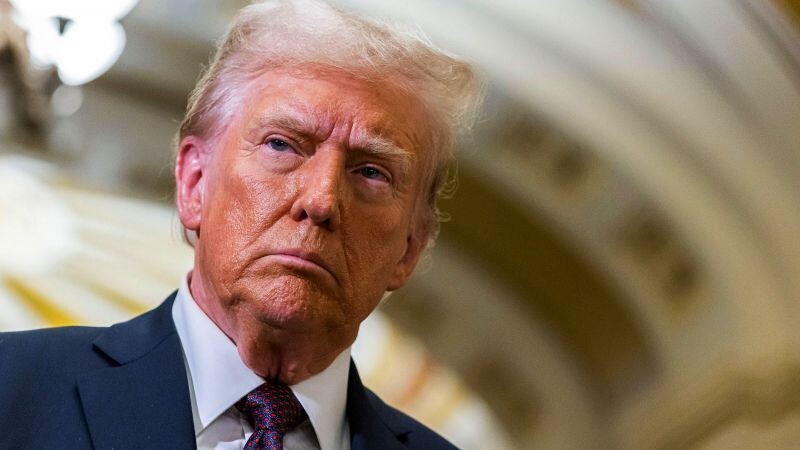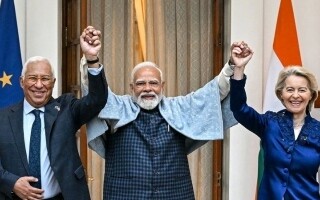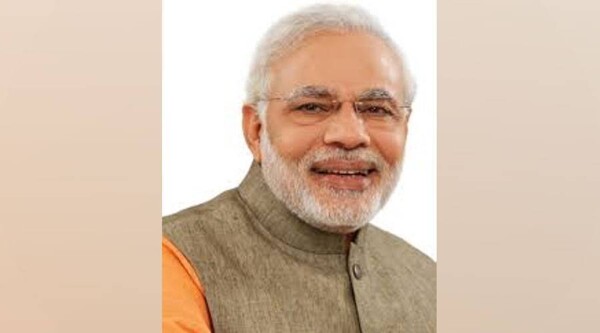
This month, India significantly reduced tariffs on certain U.S. imports as part of a context of global trade tensions. In response to the tariffs imposed by the Trump administration, China also targeted three major U.S. companies. For its part, the European Union is considering lowering tariffs on automobiles to match U.S. levels, while other countries like India, Thailand, and South Korea could be the most affected by trade retaliations.
According to Scott Lincicome, vice president of the Cato Institute, a truly reciprocal system would involve reducing U.S. tariffs on manufactured products from Europe, Mexico, Canada, and the United Kingdom. This tariff imposition strategy has been a characteristic tool in Trump's trade policy, used both for negotiations and to protect domestic industry.
Trump's plan includes investigating whether foreign countries are unfairly taxing U.S. companies, which has raised concerns across various business sectors. In response to these measures, some countries have already begun to act, implementing tariffs in response to policies adopted in North America. The concept of reciprocal tariffs, promoted by Trump to equalize the tax burden on imports, is also being discussed.
Despite being considered one of the most open economies, the U.S.'s trading partners keep their markets closed to U.S. exports, generating tensions in the international arena. Meanwhile, the possibility of the EU and the UK retaliating against U.S. trade measures on VAT remains uncertain, as does the reaction of other countries like China.
Amid this scenario, Trump has signed a memorandum ordering a comprehensive approach to address the U.S. trade deficit, which includes increasing tariffs as a retaliatory measure against what Washington considers unfair. Both Japan, India, the EU, and Brazil have been mentioned as the primary targets of these new trade policies, which could further intensify tensions in international trade.















